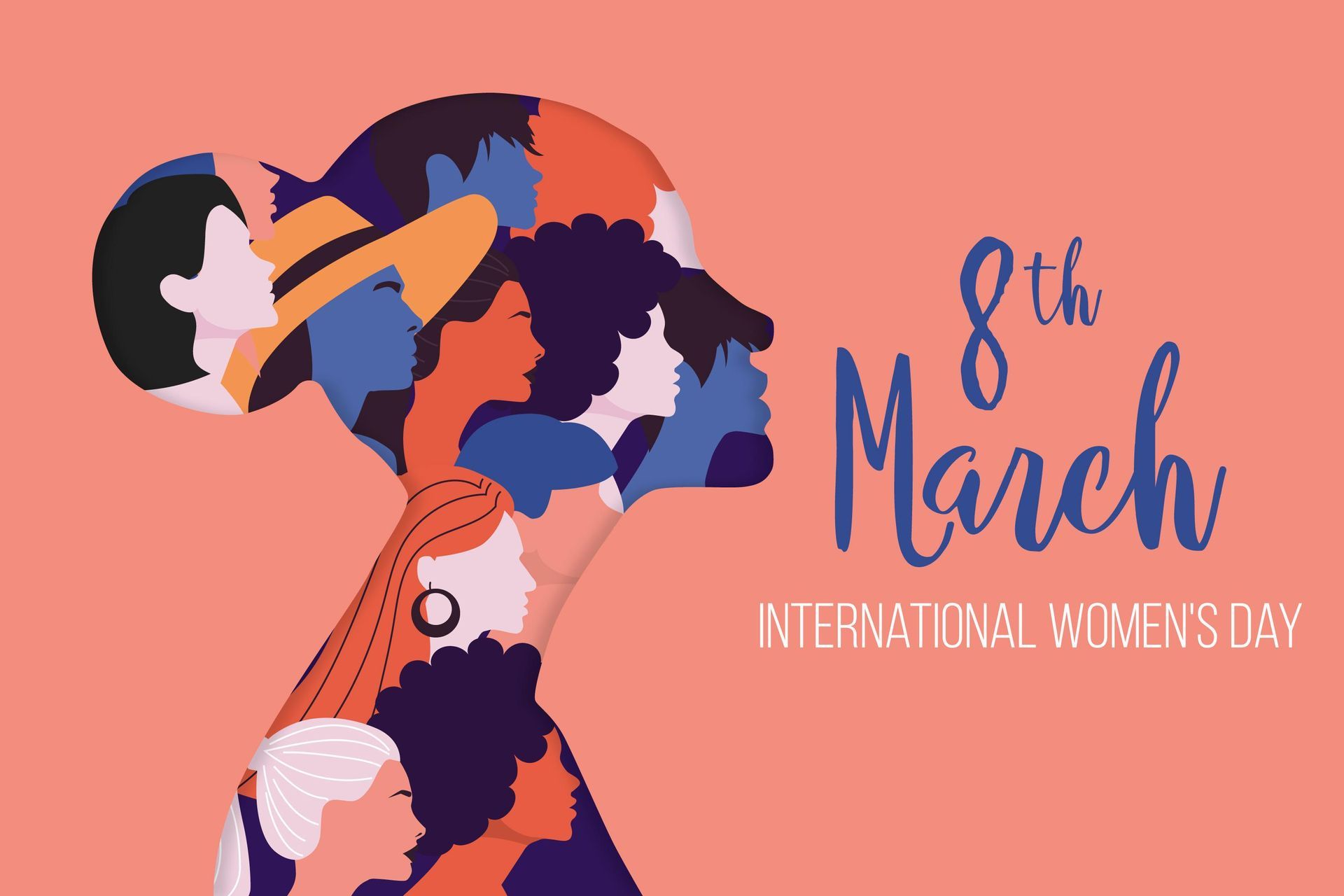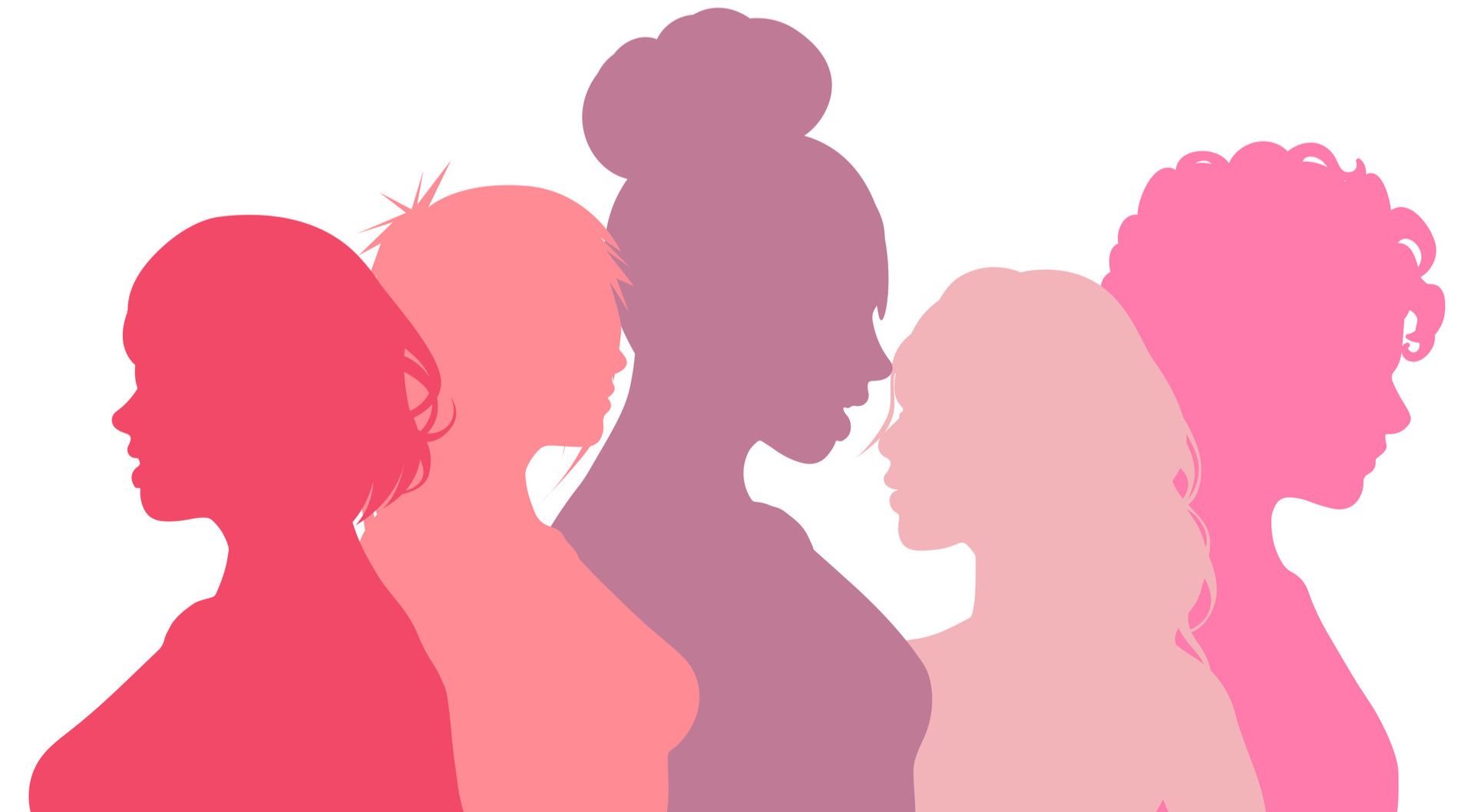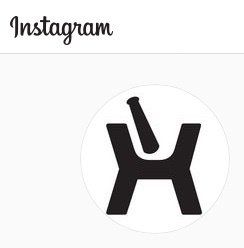International Women's Day
Image credit: pikisuperstar on Freepik
March 8, 2024 marks International Women's Day. We thought it might be interesting to cover a few health-related topics relevant to half the population for this special day.
Apple's Health App originally didn't track periods
Some of you might have noticed that when Apple came out with their Health App on the iPhone, back in September 2014, it didn't include any way to track a woman's menstrual cycle. Several rumors circulated about how or why Apple overlooked the feature:
- it was because there wasn't a woman on the team that came up with the Health App idea, or
- the app was meant to provide a neutral experience, or
- Apple thought that people wouldn't be interested in such a feature, etc.
It is interesting to note that even when an updated version of the app was released, as late as March 2015, it still did not have that feature, even though by that time, many people had notified Apple about the omission. Thankfully, today's version of Apple's Health App does provide a way to track menstrual cycles.
Why is it relevant for a woman to track her period?
Menstruation cycles are different for each woman. While it is hypothesized that women who spend a lot of time together have cycles that match, this hasn't been proven to always be the case, so each woman will want to track her own cycle.
Changes can happen in a woman's menstrual cycle. A period can be early, late, skipped, regular or irregular, painful or not. A period can be heavy, medium, or light. Information about periods can give valuable insight into a woman's health.
Some women use their ovulation cycle as an additional birth control strategy. On the flip side, women trying to get pregnant will also watch their menstruation cycle very closely.
Heart attacks -- how are symptoms different for women?
Generally, signs of a heart attack are:
- Chest pain, but not always
- Pain or pressure in the lower chest or upper abdomen
- Jaw, neck or upper back pain
- Nausea or vomiting
- Shortness of breath
- Fainting
- Feeling a cold sweat
- Indigestion
- Extreme fatigue
Differences for women can include the following:
- Women are more likely to have more than one heart attack symptom. For example, extreme fatigue and nausea or vomiting. Some women actually have less obvious warning signs.
- Many women may feel "off" before they had a heart attack, without being able to pinpoint why.
- Some women may describe chest pain in different ways. For some, it may feel more like pressure. For others, it can be a tightness.
- Some women reported issues with sleep in the weeks prior to a heart attack: difficulty getting to sleep, unusual waking throughout the night, feeling tired despite getting enough sleep.
- Some women may feel pain or pressure in the stomach before a heart attack.
Stroke -- how are signs different for women?
Generally, signs of a stroke can include:
- Numbness or weakness in face, arm or leg
- Trouble speaking or understanding speech
- Vision problems
- Trouble walking or a lack of coordination or balance
- Severe headache without a known cause
In women, additional symptoms can also include:
- Disorientation and confusion or memory problems
- Fatigue
- Nausea or vomiting
It is vitally important for a woman experiencing heart attack or stroke symptoms to get medical help. It's not the time to blame such symptoms on just normal aging, the flu, or acid reflux.
Image credit: kjpargeter2018 on Vecteezy
Medical research and women
Historically, medical studies have been based on men's health likely due to two somewhat opposing beliefs: that men and women's bodies work the same way, and/or that the menstrual cycle introduces too many variables into studies. Thus, studies tended to exclude female participants and the resulting research conclusions were simply generalized to females. We all know that male and female bodies are different and although taking the shortcut of excluding females may seem logical for controlled studies, it could also be that scientists don't yet understand the extent of the differences.
While researchers are increasingly aware of this issue, the consequences of historical actions will take some time to work through. For example:
- Women being misdiagnosed or not diagnosed based on "typical" (read "male") symptoms and thus potentially receiving delayed, irrelevant or potentially harmful treatment for their particular situation. Or being told that their complaint is "all in their head".
- The lack of funding for research that includes women's health may result in more expensive, invasive, and/or complicated treatment due to issues with diagnosis and/or a time factor.
Bottom line
It is just as important for men as it is for women to be open to learning more about women's health issues because they affect our mothers, daughters, sisters, wives, aunts, and grandmothers.
Better understanding will hopefully help to reduce gender biases -- we need to be aware of it before being able to do something about it!
References and resources:
- Articles about Apple's Health App:
- https://splinternews.com/apple-has-a-lady-problem-the-new-version-of-healthkit-1793846504
- https://www.dailydot.com/debug/apple-health-app-women-period-tracking/
- https://www.theverge.com/2014/9/25/6844021/apple-promised-an-expansive-health-app-so-why-cant-i-track
- https://fitisafeministissue.com/2014/10/30/the-gendered-impact-of-apples-new-health-app/
- Articles about symptoms of heart attack, heart disease, and stroke in women:
- https://www.goredforwomen.org/en/about-heart-disease-in-women/signs-and-symptoms-in-women/symptoms-of-a-heart-attack
- https://www.medicalnewstoday.com/articles/321528#postmenopause
- https://www.goredforwomen.org/en/about-heart-disease-in-women/signs-and-symptoms-in-women/symptoms-of-a-stroke
- https://www.cdc.gov/heartdisease/women.htm
- https://www.heart.org/en/health-topics/heart-attack/warning-signs-of-a-heart-attack/heart-attack-symptoms-in-women
- Articles on women's health research:
- https://www.theguardian.com/lifeandstyle/2019/nov/13/the-female-problem-male-bias-in-medical-trials
- https://www.ncbi.nlm.nih.gov/pmc/articles/PMC8812498/
- https://www.mayoclinic.org/departments-centers/center-for-womens-health/sections/research/rsc-20555832
- https://www.forbes.com/sites/forbesbusinessdevelopmentcouncil/2023/03/07/ignored-and-underrepresented-the-impact-of-excluding-women-in-healthcare-research/
- https://www.internationalwomensday.com/Missions/17128/Power-privilege-and-priorities-in-women-s-healthcare






